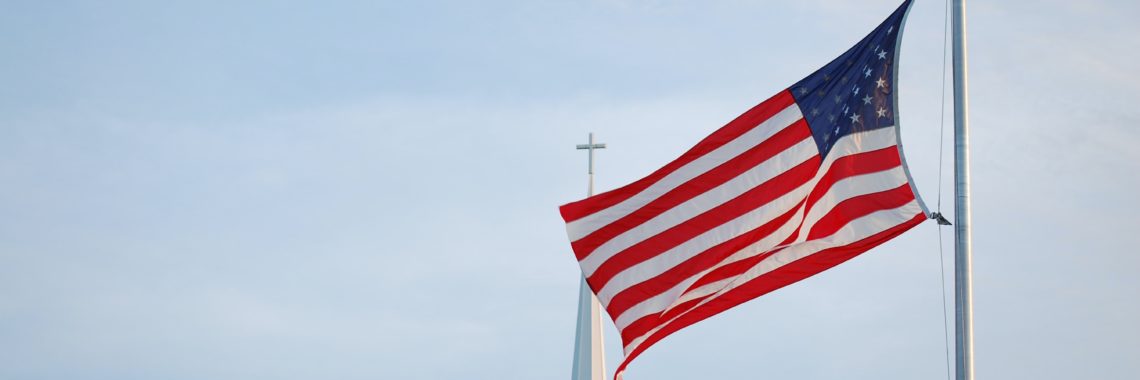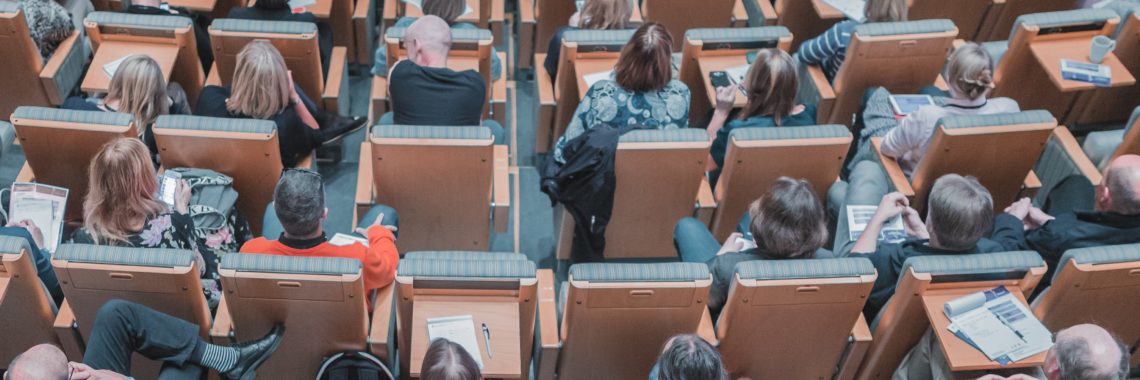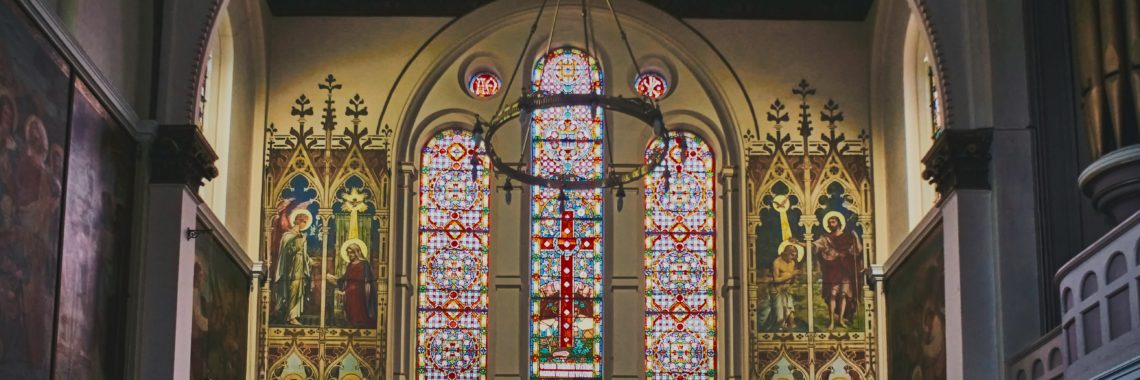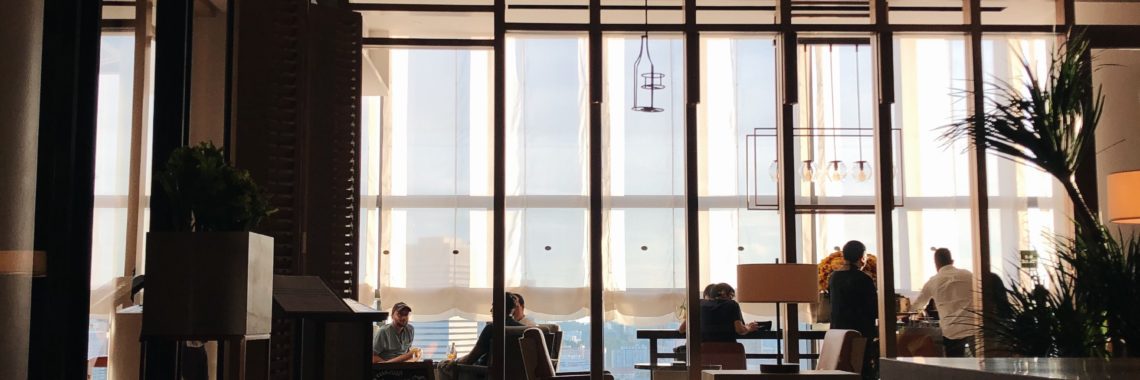“Abortion, Dobbs, and Foreign Law at the U.S. Supreme Court” by M. Christian Green
Photo by Joshua Fuller on Unsplash. On December 1, 2021, the United States Supreme Court will hear the case of Dobbs v. Jackson Women’s Health Organization, a case that threatens to be the death knell for abortion rights, reproductive freedom, and the right of women to bodily autonomy and security in the U.S. In Dobbs,…











